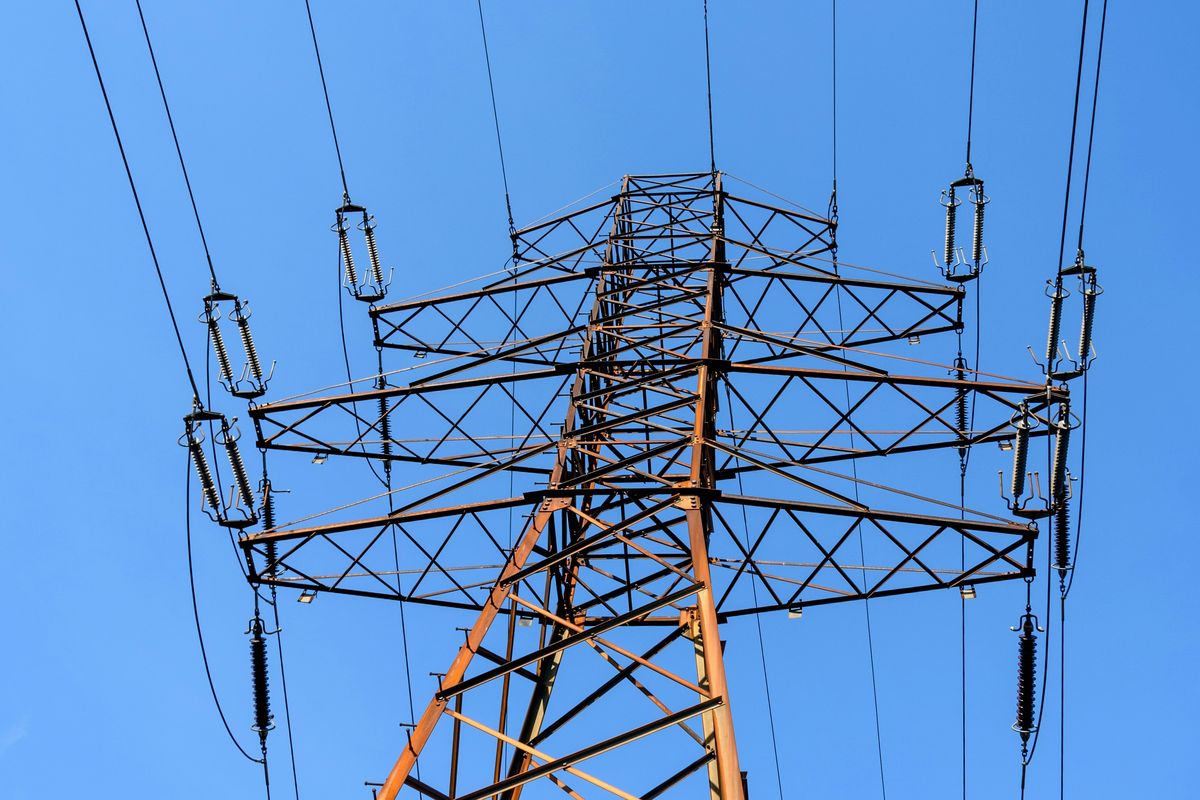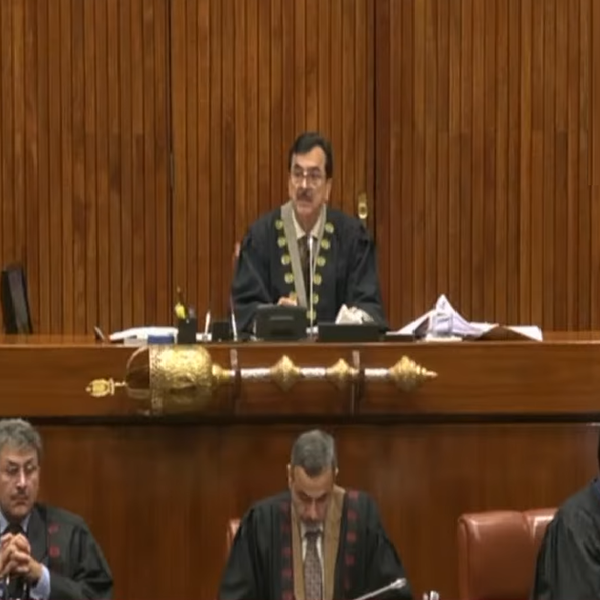Pakistan's electricity companies unveil ambitious five-year investment plans
TESCO plans to invest PKR 26 billion, GEPCO PKR 184 billion, and QESCO PKR 80 billion

Javed Mirza
Correspondent
Javed Iqbal Mirza is an experienced journalist with over a decade of expertise in business reporting, news analysis, and investigative journalism. His work spans breaking news, editorial pieces, and in-depth interviews.

Pakistan's electricity supply companies have proposed significant investments over the next five years to improve electricity infrastructure.
These investments aim to expand and rehabilitate the Transmission and Distribution (T&D) systems, alongside improvements in financial, commercial, human resource, and communications functions, including IT.
Electricity suppliers have submitted their five-year business plans for the fiscal years 2025-26 to 2029-30 to the National Electric Power Regulatory Authority (NEPRA).
Among the proposals, the Tribal Areas Electricity Supply Company (TESCO) has outlined an investment of PKR 26 billion, the Gujranwala Electric Power Company (GEPCO) proposed PKR 184 billion, and the Quetta Electric Supply Company (QESCO) plans to invest PKR 80 billion.
These business plans are designed to focus on projects with growth potential and upcoming load requirements in their respective areas.
They outline strategies to improve operational performance and reduce reliance on government grants.
This includes initiatives to increase electrification in underserved regions, contributing to socio-economic development.
The plans emphasize adopting new technologies, upgrading existing systems, and improving human resources. They are crucial for the Strategic Planning Committee to monitor progress and ensure the achievement of the companies' objectives.
These plans are also aligned with federal government decisions and priorities. One key objective is to efficiently enter the Competitive Trading Bilateral Contract Market (CTBCM), a part of significant reforms in Pakistan's power sector.
Transitioning from a Single Buyer Model to a competitive wholesale market requires electricity supply companies to adapt their role as a supplier of last resort.
- YouTubeyoutu.be
The business plans include investments in an Asset Performance Management System (APMS), SCADA, and AMI to ensure non-discriminatory access to competitive suppliers, strengthening their role in this new market landscape.
The Five-Year Business Plan (2025-26 to 2029-30) will serve as a reference guide for the Board of Directors of distribution companies to upgrade and operate, taking into account projected activities over the next five years.
Competition Commission recommendation
The Competition Commission of Pakistan (CCP) has recommended privatization or public-private partnerships (PPPs) for existing power distribution companies (DISCOs) to address inefficiencies and enhance competition.
These recommendations are detailed in CCP's report, "State of Competition in Key Markets in Pakistan: Power Sector," which highlights issues like high distribution losses, low bill recovery rates, electricity theft, and revenue leakages.
The CCP report points to global trends where countries have privatized state-run utilities to leverage market dynamics and reduce government dependency. Key drivers include the underperformance of state-owned utilities, the need to eliminate subsidies, a shortage of state funds for essential investments, and the opportunity to generate government revenue through asset sales.
According to CCP, these issues have been a persistent concern for successive governments, affecting the sector’s performance and reliability. With recent amendments to the NEPRA Act removing the exclusivity clause, CCP suggests full privatization or PPP models to reduce distribution losses and improve market operations.
The report also proposes breaking down large distribution companies into smaller, localized units to foster competition, enhance efficiency, and attract more players to the distribution sector.
The report further highlights ongoing challenges in Pakistan’s power sector, including high rates of electricity theft, non-payment of bills, institutional inertia, and reluctance to adopt modern technology. These factors contribute to poor service quality, customer dissatisfaction, and discourage both domestic and foreign investment.










Comments
See what people are discussing